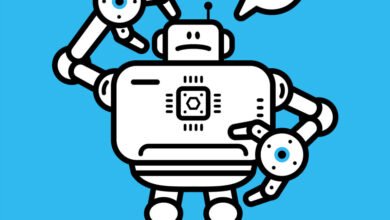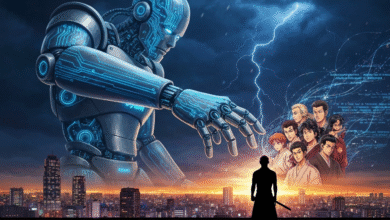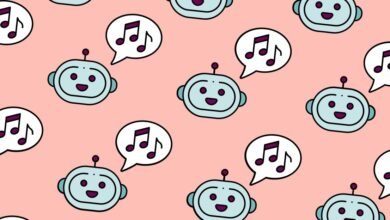Anthropic’s $1.5B Copyright Deal Shortchanges Writers

▼ Summary
– Around 500,000 writers will receive at least $3,000 each from a $1.5 billion settlement in a class action lawsuit against Anthropic.
– This settlement is the largest in U.S. copyright history but is seen as a win for tech companies, not authors.
– Anthropic illegally downloaded books from shadow libraries to train its AI, which led to the lawsuit over piracy, not the legality of AI training itself.
– A federal judge ruled that training AI on copyrighted material is legal under fair use doctrine, viewing it as transformative.
– The settlement resolves the case without a trial, but it may set a precedent for ongoing legal battles over AI and copyright.
A landmark $1.5 billion settlement will provide approximately half a million writers with payments of at least $3,000 each, stemming from a class action lawsuit filed against Anthropic. While this represents the largest copyright settlement in U.S. history, many argue it falls short of addressing the broader threat artificial intelligence poses to creative professionals.
Tech companies are aggressively gathering vast quantities of written content to train their large language models, which drive popular AI chatbots like ChatGPT and Claude. These tools, while often producing generic output, increasingly jeopardize livelihoods across the creative sector. To enhance their capabilities, AI systems require massive datasets, so much so that after scraping the public internet, firms have turned to more questionable sources.
Anthropic, creator of the Claude assistant, sourced millions of books from so-called “shadow libraries” without permission, feeding them into its AI. The lawsuit, Bartz v. Anthropic, is one of many targeting companies such as Meta, Google, OpenAI, and Midjourney over allegations of using copyrighted works without proper licensing.
Critically, the settlement does not acknowledge that using authors’ works for AI training was wrongful, instead, it penalizes Anthropic specifically for obtaining books through piracy rather than purchase. The company recently secured an additional $13 billion in funding, making the payout a relatively minor setback.
In a pivotal June ruling, federal judge William Alsup determined that training AI on copyrighted content is legally permissible under the fair use doctrine, which hasn’t been substantially updated since 1976. He described the practice as “transformative,” arguing that AI models learn from texts not to replicate them but to generate new and different content.
Although the case proceeded to trial due to the piracy allegations, the settlement means no final judicial ruling will be issued on the core issue of AI training legality. Aparna Sridhar, Anthropic’s deputy general counsel, stated that the agreement resolves the plaintiffs’ “remaining legacy claims,” emphasizing the company’s focus on developing beneficial AI systems.
This outcome sets a significant precedent as numerous similar cases work their way through the courts. With the future of intellectual property and AI hanging in the balance, other judges may yet arrive at very different conclusions about what constitutes fair use in the age of machine learning.
(Source: TechCrunch)





